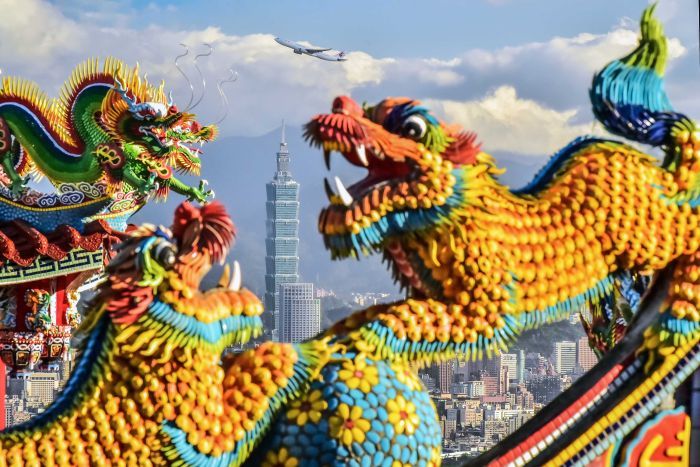
Introduction
The incumbent president of Taiwan (Republic of China-RoC) Tsai Ing-Wen of the Democratic Progressive Party (DPP) won a landslide victory in the elections on 11 January 2020 over Daniel Han Kuo-yu of the main opposition party, the Kuomintang (KMT). As known, while DPP prefers to hold mainland China at arm’s length, the KMT prefers friendlier relations with mainland China. Tsai received 57.13 percent of the vote out of the 19,311,105 total electors of Taiwan, which has a population of 23 million. This means that she earned a record 8,170,231 votes, which is the highest number of votes ever cast for a candidate in a Taiwanese presidential election.[1] The importance of the national poll to Taiwan's electorate was reflected by the high voter turnout; 74.90%. The DPP lost seven of its 68 seats in the legislature. The KMT gained three, bringing its total to 38. Small parties and independents won the remaining 14 seats.[2] It should be noted that Taiwan began holding direct elections for the position of presidency in 1996.[3]
It is well known that China (People’s Republic of China-PRC) is aggressively pursuing a policy to unify China and Taiwan under a “one country, two systems” arrangement that was formulated in the early 1980s by Deng Xiaoping, the former leader of China during negotiations with the UK over Hong Kong. As known, Mainland China and the Island of Taiwan have been separately governed by two rival (Communist vs. Nationalist) Chinese administrations. Deng’s system was applied to Hong Kong in 1997 and to Macau, which was taken over from Portugal in 1999. The arrangement basically suggests that there would be only one China, but that these regions could retain their own economic and administrative systems. China has been insistently and threateningly trying to impose the same arrangement on Taiwan under the motto of "peaceful reunification", which in essence means that Taiwan must submit to China’s sovereignty.
Taiwan's relations with China deteriorated during Tsai's first term as president, which began in 2016. China suspected that Tsai and her party was pushing for the island’s formal independence, something China threatens will result in war.[4]
China’s displeasure with the position of Taiwan was made publicblatant in the 2 January 2019 speech delivered by Chinese President Xi Jinping at a gathering held in Beijing to commemorate the 40th anniversary of the “Message to Compatriots in Taiwan”[5]. The “Message to Compatriots in Taiwan” issued on 1 January 1979. Its last paragraph expresses the view that “The reunification of the motherland is the sacred mission history has handed to our generation”. President Xi said that “during the seven decades, the mainland and Taiwan reached the 1992 Consensus based on the one-China principle, and the political exchanges across the Straits have reached new heights. Over the 70 years, the basic principles of ‘peaceful reunification’ and ‘one country, two systems’ were established, and the basic policy of upholding ‘one country, two systems’ and advancing the national reunification was laid out.”[6] Chinese press also reported the following threatening expressions of Xi: “
“Chinese don't fight Chinese. We are willing to strive for peaceful reunification with utmost sincerity and greatest efforts as peaceful reunification is in the best interests of compatriots across the Strait as well as the Chinese nation. We make no promise to renounce the use of force and reserve the option of taking all necessary means. This does not target compatriots in Taiwan, but the interference of external forces and the very small number of ‘Taiwan independence’ separatists and their activities.”[7]
The 1992 Consensus was an agreement allegedly reached between mainland Chinese officials and Taiwan’s then-ruling (now opposition) party KMT, acknowledging the existence of One China, but with each side could hold “different interpretations” of what One China means.[8]
Responding immediately to President Xi’s speech, the President Tsai said; “we have never accepted the ‘1992 Consensus’. The fundamental reason is because the Beijing authorities' definition of the ‘1992 Consensus’ is ‘one China’ and ‘one country, two systems.’ The speech delivered by China's leader today has confirmed our misgivings. Here, I want to reiterate that Taiwan absolutely will not accept ‘one country, two systems.’ The vast majority of Taiwanese also resolutely oppose ‘one country, two systems,’ and this opposition is also a Taiwan consensus.”[9]
Balance sheet analysis of Taiwan 2020 elections for Taiwan and China
Taiwan Election results indicate that increased intimidation and bullying by China has helped Tsai-Ing Wen and her party DPP to win a landslide victory not only against the China-friendly opposition party but also against China itself. It should be remembered in this context that just 16 days before the presidential and legislative elections, the Shandong, China’s domestically-built new second aircraft carrier, sailed through the Taiwan Strait along with other Chinese ships. According to the Taiwan Ministry of National Defense, “Chinese naval vessels and air force jets have repeatedly passed close to Taiwan, actions which have been seen as attempts at intimidation ahead of Taiwan's January 11 elections.”[10] It seems that such intimidation moves have backfired and a clear majority of Taiwanese voters have not been deterred by China’s threats. In fact, according to the Guardian report, President Tsai said after the election that “This election result carries an added significance. They have shown that when our sovereignty and democracy are threatened the Taiwanese will shout our determination even more loudly back.”[11]
Another point worth mentioning is that the riots and the related events in Hong Kong have provided leverage to Tsai and the DPP to convince the clear majority of the Taiwanese voters that the “one country, two systems” arrangement has failed and that Hong Kong cannot be a model for Taiwan.
In sum, it can be said that Taiwan 2020 elections reveal the following points:
- A clear majority of Taiwanese voters did not bow before the destructive “Chinese Hurricane” coming from the north and decidedly defended the sovereignty of and democracy in Taiwan. A clear majority of Taiwanese voters are not deterred by China’s threats and are unwilling to relinquish Taiwan’s sovereignty and democracy. It seems that, at least for the time being, China’s policies have been defeated in Taiwan. The violent events that have transpired in Hong Kong in the recent past has severely damaged China’s image in eyes of the Taiwanese public. China is currently failing to provide any incentives to the Taiwanese public concerning having warmer relations with the mainland.
- Election results have shown how much Taiwanese identity has gained strength, especially among young people. Surveys show that Tsai leads Han by 39 percentage points among 20-29 year-olds and 35 percentage points among 30-39 year-olds. Additionally, when asked whether they considered themselves as Chinese, Taiwanese or both, 82.4 percent of 20-29 year-olds considered themselves as Taiwanese only. Also, when asked if they would fight for Taiwan if China attempted to achieve reunification through military force, 71.6 percent in the 20-39 age group said “yes.”.[12]
Taiwan's New Southbound Policy and prospects for its enhancement
Under the New Southbound Policy (NSP) launched by President Tsai Ing-wen in September 2016, Taiwan has been engaging in a wide range of deliberations with countries in South Asia, Southeast Asia, and the South Pacific. The initiative originally targeted the 10 members of the Association of Southeast Asian Nations (ASEAN), six countries in South Asia (India, Pakistan, Bangladesh, Nepal, Sri Lanka, Bhutan) as well as Australia and New Zealand for promoting bilateral partnerships and exchanges of talent, capital, technology, culture and education.[13] According to one of the latest publications of the Taiwanese government, “The New Southbound Policy encompasses four main aspects: economic and trade collaboration, people-to-people exchanges, resource sharing and the promotion of institutional links. The initiative does not seek to advance Taiwan’s geopolitical stature or influence, but intends for Taiwan to play a proactive role in the region through multifaceted cooperation, with mutual benefit and prosperity being key”.[14] The said publication is carefully making the following clarification:
“The New Southbound Policy does not aim to compete with China’s One Belt One Road, which is focused on improving regional infrastructure; Taiwan’s projects are all about people and soft power, supporting tourism, education, healthcare, technology, small and medium enterprises, and agriculture.”
It should be noted that the 11 January 2020 election results would give a new chance to Taiwan to boost its NSP and expand it further to the western hemisphere.
Common denominators of NSP with Turkey’s “Asia Anew” policy and other countries’ policies of engagement with Southeast and East Asia
There are certain common points between NSP and Turkey’s “Asia Anew” policy. Turkey’s new policy was explained in an article published in AVİM’s Eurasian World journal as follows:
“In August 2019 at the 11th Ambassadors’ Meeting of the Ministry of Foreign Affairs of Turkey, the Minister of Foreign Affairs Mevlüt Çavuşoğlu announced Turkey’s new policy towards Asia: Asia Anew. With Asia Anew policy, Turkey aims to approach Asia in a ‘holistic’ manner, and as such, traditional bilateral relations will constitute only a portion of Turkey’s activities concerning the region. Turkey reportedly aims to utilize the state and the private sectors, universities, and civil society at the same time. In line with this, the Asia Anew policy rests on the following four pillars: “1) Improvement in interstate relations, 2) Expanding trade capacity of the private sector, 3) Improvement of academic cooperation, 4) Development of interaction between the societies.”
The NSP’s aims also converge with the basic objectives contained in India’s Act East Policy, South Korea’s New Southern Policy, Japan’s Free and Open Indo-Pacific Strategy, Australia’s Foreign Policy White Paper, and the US’ Indo-Pacific Strategy.[15]
All these strategies mentioned above are pursued by the countries whose administrations are constitutionally bound by the basic principles of democracy, rule of law, and the market economy. It is possible to say that continuing to pursue policies such NSP may bring Taiwan more close to the group of countries that value democracy and the rule of law as basic principles of their administrative systems.
Conclusion
We are living in a world with increased connectivity among countries and between regions. The world is surpassing the Cold War modalities of international relations. It does not seem possible anymore to manage and deceive the younger generations with old bigoted thoughts. If any government tries to maintain the oppressive management style administration under the guise of bringing economic prosperity and prefers to set aside the rule of law, the young generations are bravely rebelling against the oppression. They loudly say “enough is enough”. We have been witnessing more examples of this behavior pattern recently all over the world. The antidote to this dilemma, to my mind, is not stucking into dogmatic thoughts but to develop constructive approaches for forming common understanding among people which address the new circumstances without totally excluding the certain realities of old dogmas. Indications point out that social construction of contemporary reality has the potential to overcome the dogmatism, bigotry and intimidation policies in the first half of the twenty-first century.
*Photo: https://www.abc.net.au
[1] Anna Fifield, “Taiwan’s President Wins Second Term with Landslide Victory over pro-Beijing Rival”,” Washington Post, January 15, 2020, https://www.washingtonpost.com/world/asia_pacific/taiwanese-motivated-by-the-lessons-of-hong-kong-turn-out-in-droves-to-vote/2020/01/11/6543228a-3138-11ea-971b-43bec3ff9860_story.html.
[2] “Taiwan Central Election Commission. 2020 Presidential and Vice Presidential Election” (Central Election Commission, January 22, 2020), https://web.cec.gov.tw/english/cms/pe/32471.
[3] Lily Kuo, “Taiwan Election: Tsai Ing-Wen Wins Landslide in Rebuke to China,” Guardian, January 11, 2020, https://www.theguardian.com/world/2020/jan/11/taiwan-re-elects-tsai-ing-wen-as-president-in-clear-message-to-china.
[4] Yimou Lee, “Taiwan Leader Rejects China’s ‘one Country, Two Systems’ Offer”,” Reuters, October 10, 2019, https://www.reuters.com/article/us-taiwan-anniversary-president/taiwan-leader-rejects-chinas-one-country-two-systems-offer-idUSKBN1WP0A4.
[5] “Message to Compatriots in Taiwan” (The Standing Committee of the Fifth National People’s Congress, January 1, 1979), http://german.china.org.cn/english/taiwan/7943.htm.
[6] “Highlights of Xi’s Speech at Taiwan Message Anniversary Event,” China Daily, January 2, 2020, https://www.chinadaily.com.cn/a/201901/02/WS5c2c1ad2a310d91214052069.html.
[7] “Highlights of Xi’s Speech at Gathering Marking 40th Anniversary of Message to Compatriots in Taiwan,” New China, January 2, 2020, http://www.xinhuanet.com/english/2019-01/02/c_137715300.htm.
[8] Derek Grossman, “One Country, Two Systems, Lots of Problems,” Financial Times, June 21, 2019, https://foreignpolicy.com/2019/06/21/one-country-two-systems-lots-of-problems/.
[9] “President Tsai Issues Statement on China’s President Xi’s ‘Message to Compatriots in Taiwan,’” accessed January 15, 2020, https://english.president.gov.tw/News/5621.
[10] Matthew Strong, “Chinese Aircraft Carrier Sails through Taiwan Strait Ahead of Elections,” Taiwan News, December 26, 2019, https://www.taiwannews.com.tw/en/news/3844979.
[11] Kuo, “Taiwan Election: Tsai Ing-Wen Wins Landslide in Rebuke to China.”
[12] Jeremy Huai-Che Chiang, ., “Election Aside, Taiwan’s Generation Gap Will Shape Relations With China,” The Diplomat, January 9, 2020, https://thediplomat.com/2020/01/election-aside-taiwans-generation-gap-will-shape-relations-with-china/.
[13] “Cabinet Launches Plan to Promote ’New Southbound Policy,” Focus Taiwan, May 9, 2016, https://focustaiwan.tw/politics/201609050009.
[14] “Progress & Prospect- Taiwan’s New Southbound Policy” (Office of Trade Negotiations, Executive Yuan Bureau of Foreign Trade. Ministry of Economic Affairs, January 17, 2020), 5, https://www.roc-taiwan.org/in_en/post/3547.htmlvVaw0lr27IjN_JRplIvLcXRAzE.
[15] Deputy Assistant Secretary Wong Bureau of East Asian and Pacific AffairsAlex N., Briefing on The Indo-Pacific Strategy, April 2, 2018, https://www.state.gov/briefing-on-the-indo-pacific-strategy/.
© 2009-2025 Center for Eurasian Studies (AVİM) All Rights Reserved
No comments yet.
-
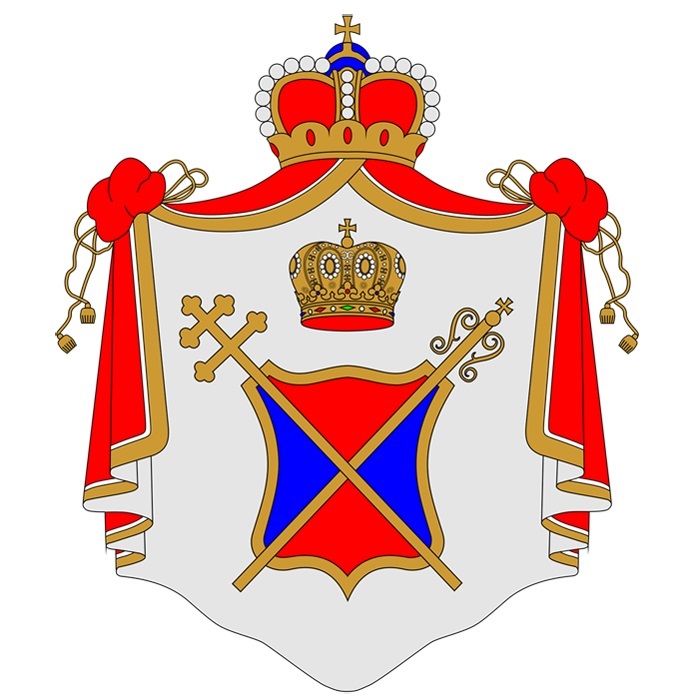 THE ORTHODOX CHURCH : ECCLESIASTICAL BATTLE OF MONTENEGRINS WITH THE SERBIAN ORTHODOX CHURCH
THE ORTHODOX CHURCH : ECCLESIASTICAL BATTLE OF MONTENEGRINS WITH THE SERBIAN ORTHODOX CHURCH
Teoman Ertuğrul TULUN 01.09.2022 -
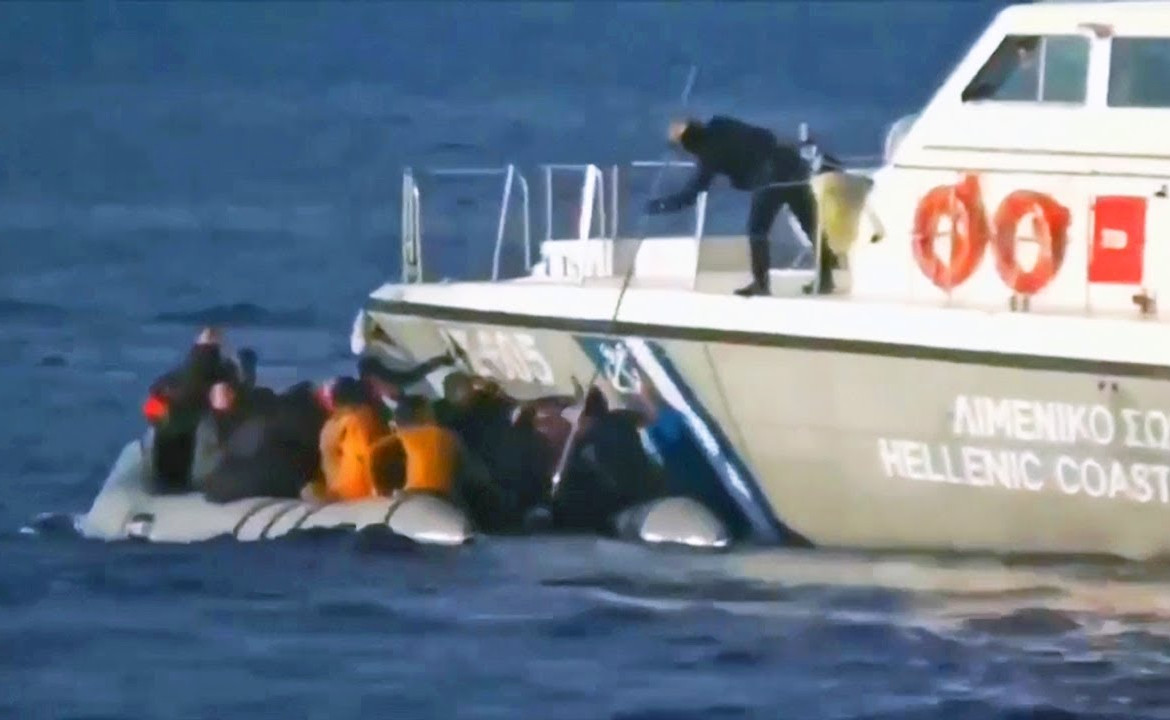 SYRIAN REFUGEE ISSUE: EU INSENSITIVITY VERSUS UK REALISM
SYRIAN REFUGEE ISSUE: EU INSENSITIVITY VERSUS UK REALISM
Teoman Ertuğrul TULUN 31.03.2020 -
 ADMISSION BY KATI PIRI: “ALLOWING CYPRUS IN (EU) WITHOUT A SOLUTION TO CYPRUS PROBLEM… IS A BIG MISTAKE”
ADMISSION BY KATI PIRI: “ALLOWING CYPRUS IN (EU) WITHOUT A SOLUTION TO CYPRUS PROBLEM… IS A BIG MISTAKE”
Teoman Ertuğrul TULUN 01.04.2019 -
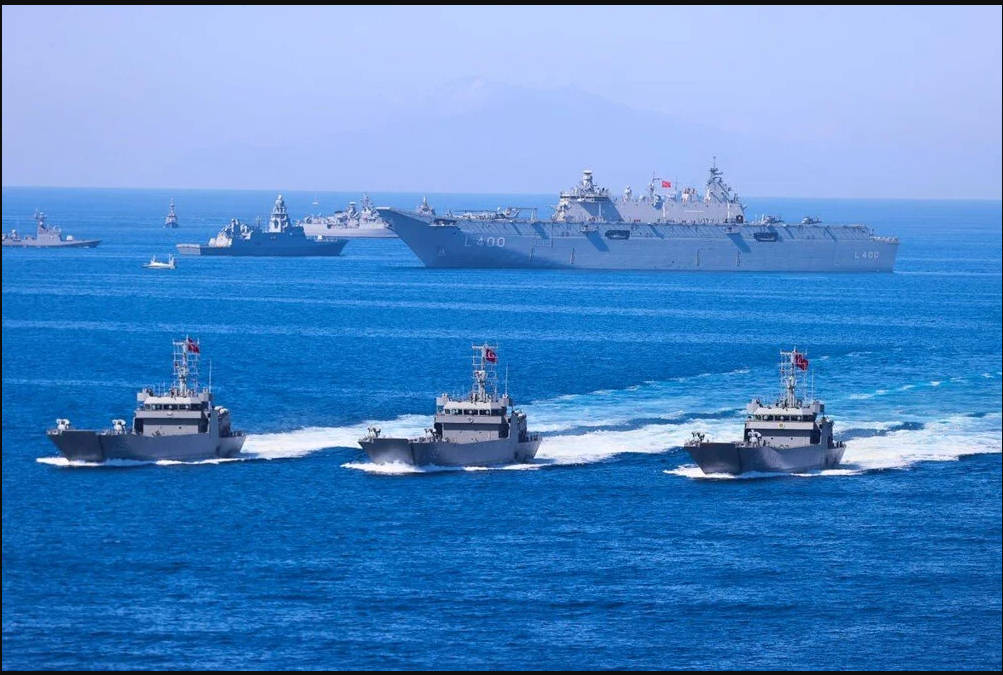 NAVAL STRENGTH IN THE AEGEAN: STRATEGIC LESSONS FROM THE BALKAN WARS
NAVAL STRENGTH IN THE AEGEAN: STRATEGIC LESSONS FROM THE BALKAN WARS
Teoman Ertuğrul TULUN 12.06.2024 -
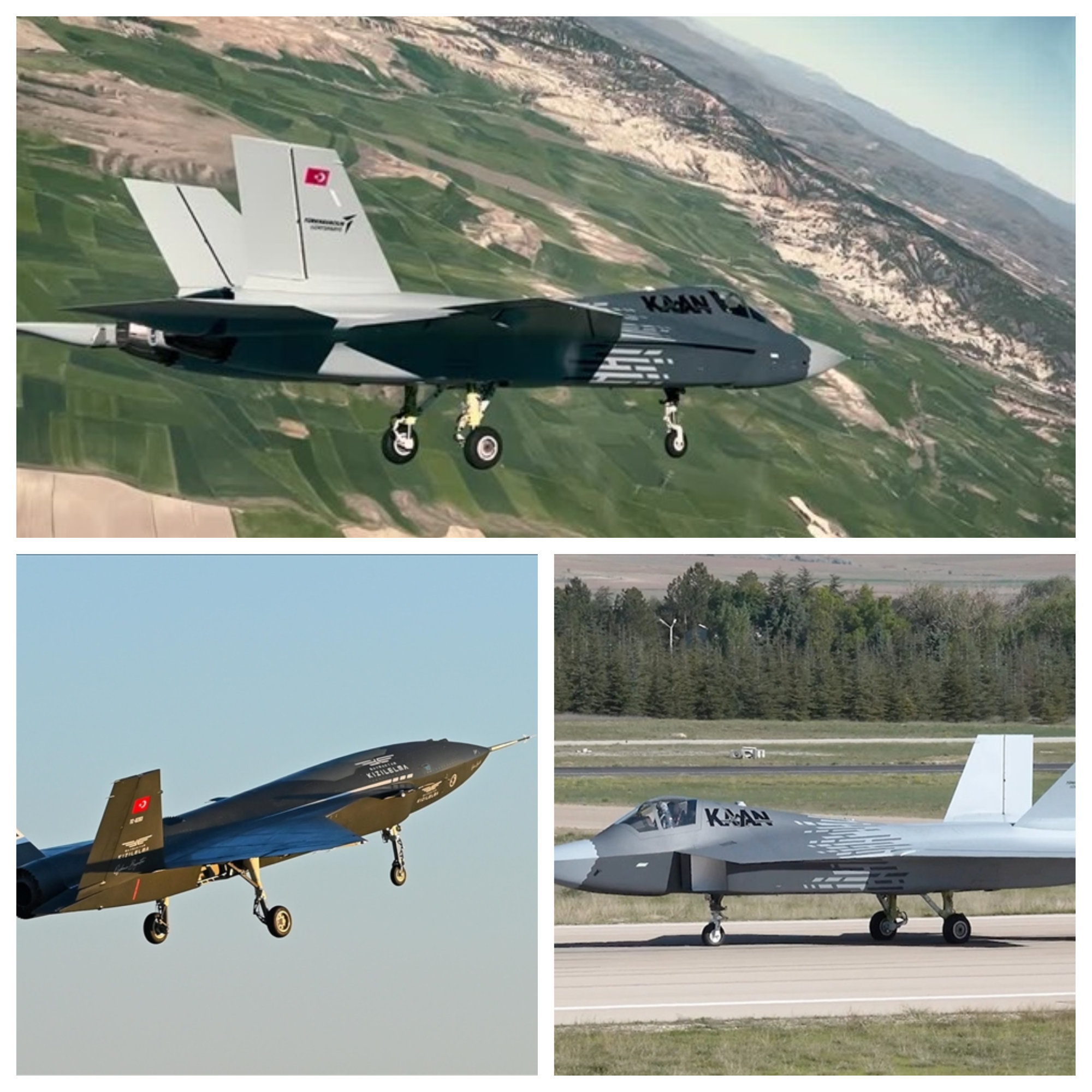 ESTABLISHING THE DELICATE BALANCE BETWEEN STRATEGIC AUTONOMY AND STRATEGIC INTERDEPENDENCE: THE CASE OF TÜRKIYE
ESTABLISHING THE DELICATE BALANCE BETWEEN STRATEGIC AUTONOMY AND STRATEGIC INTERDEPENDENCE: THE CASE OF TÜRKIYE
Teoman Ertuğrul TULUN 05.08.2025
-
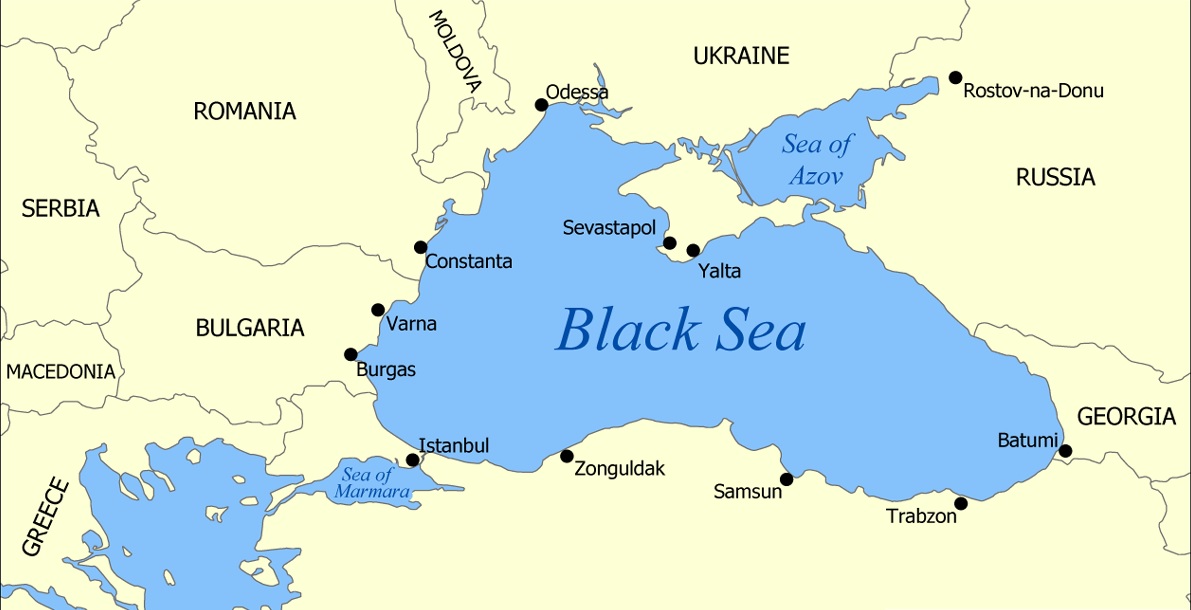 BLACK SEA NEEDS CONFIDENCE AND SECURITY BUILDING MEASURES MORE THAN EVER
BLACK SEA NEEDS CONFIDENCE AND SECURITY BUILDING MEASURES MORE THAN EVER
Teoman Ertuğrul TULUN 30.10.2018 -
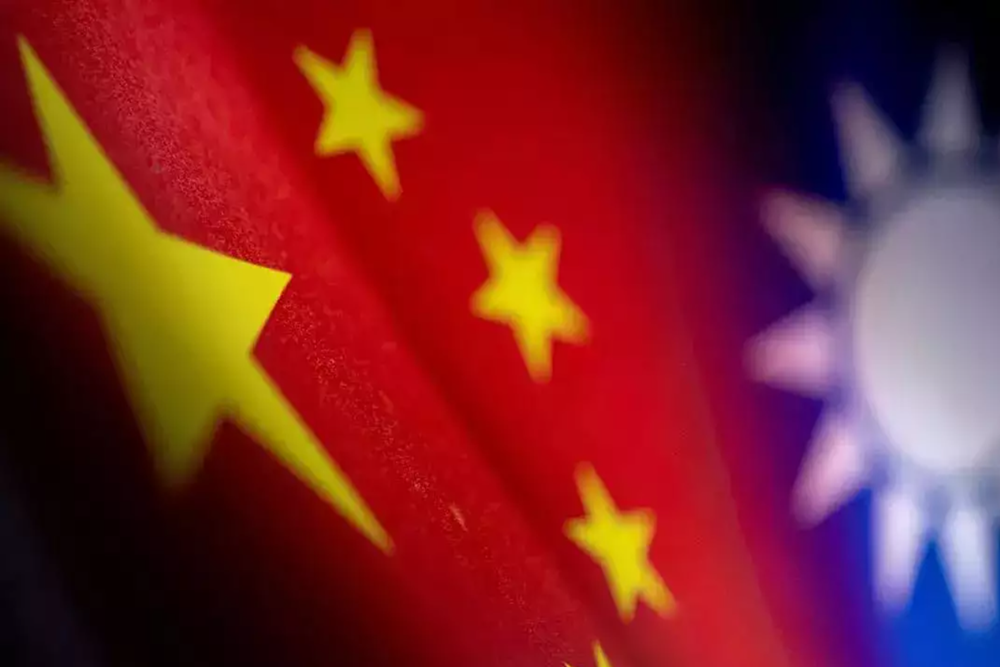 CHINA’S TAIWAN POLICY AND APPROACH TO THE CYPRUS QUESTION
CHINA’S TAIWAN POLICY AND APPROACH TO THE CYPRUS QUESTION
Seyda Nur OSMANLI 11.04.2025 -
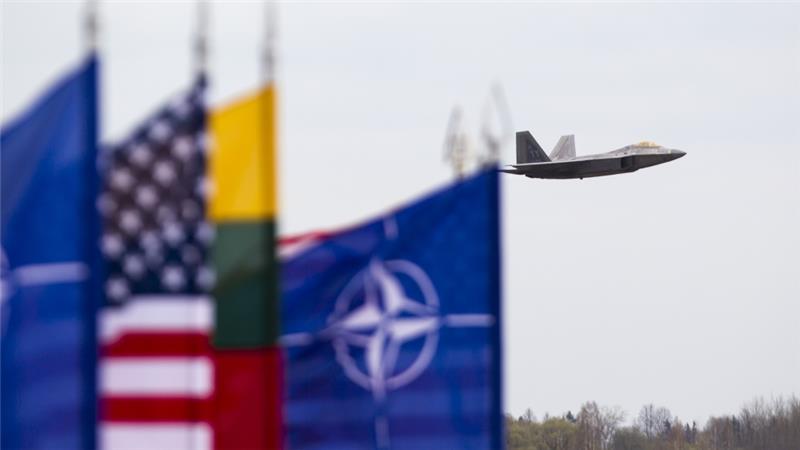 FRONT LINE AND POWDER KEG OF THE NEW COLD WAR: THE BALTIC SEA REGION, BALTIC COUNTRIES, AND KALININGRAD
FRONT LINE AND POWDER KEG OF THE NEW COLD WAR: THE BALTIC SEA REGION, BALTIC COUNTRIES, AND KALININGRAD
Teoman Ertuğrul TULUN 21.02.2017 -
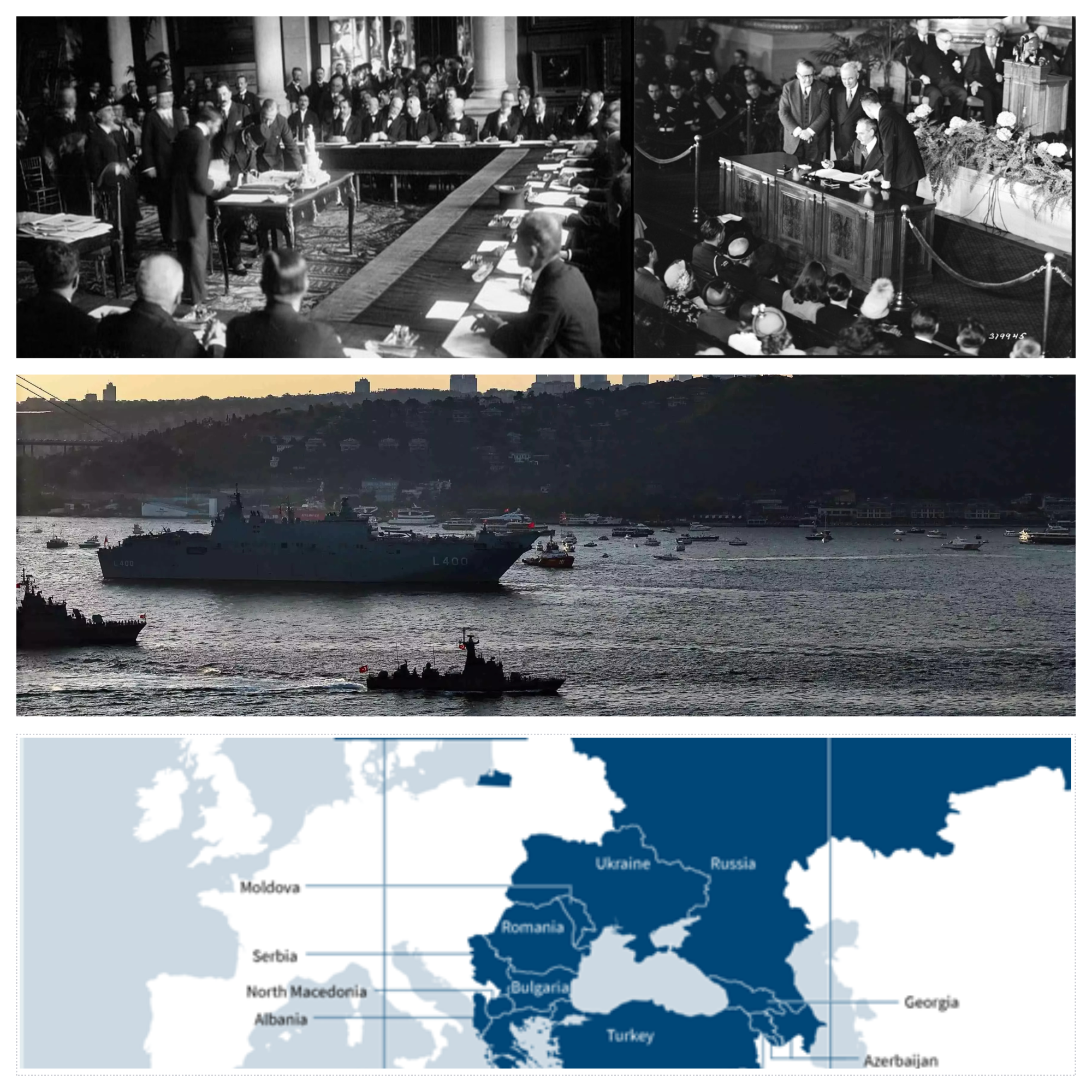 THE FOUNDATIONAL PILLARS OF STABILITY IN THE BLACK SEA
THE FOUNDATIONAL PILLARS OF STABILITY IN THE BLACK SEA
Teoman Ertuğrul TULUN 16.04.2025 -
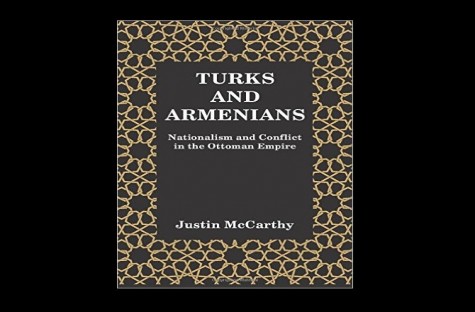 CHAPTER BY CHAPTER SYNOPSIS AND REVIEW OF TURKS AND ARMENIANS: NATIONALISM AND CONFLICT IN THE OTTOMAN EMPIRE BY JUSTIN MCCARTHY - 6
CHAPTER BY CHAPTER SYNOPSIS AND REVIEW OF TURKS AND ARMENIANS: NATIONALISM AND CONFLICT IN THE OTTOMAN EMPIRE BY JUSTIN MCCARTHY - 6
AVİM 22.10.2015
-
25.01.2016
THE ARMENIAN QUESTION - BASIC KNOWLEDGE AND DOCUMENTATION -
12.06.2024
THE TRUTH WILL OUT -
27.03.2023
RADİKAL ERMENİ UNSURLARCA GERÇEKLEŞTİRİLEN MEZALİMLER VE VANDALİZM -
17.03.2023
PATRIOTISM PERVERTED -
23.02.2023
MEN ARE LIKE THAT -
03.02.2023
BAKÜ-TİFLİS-CEYHAN BORU HATTININ YAŞANAN TARİHİ -
16.12.2022
INTERNATIONAL SCHOLARS ON THE EVENTS OF 1915 -
07.12.2022
FAKE PHOTOS AND THE ARMENIAN PROPAGANDA -
07.12.2022
ERMENİ PROPAGANDASI VE SAHTE RESİMLER -
01.01.2022
A Letter From Japan - Strategically Mum: The Silence of the Armenians -
01.01.2022
Japonya'dan Bir Mektup - Stratejik Suskunluk: Ermenilerin Sessizliği -
03.06.2020
Anastas Mikoyan: Confessions of an Armenian Bolshevik -
08.04.2020
Sovyet Sonrası Ukrayna’da Devlet, Toplum ve Siyaset - Değişen Dinamikler, Dönüşen Kimlikler -
12.06.2018
Ermeni Sorunuyla İlgili İngiliz Belgeleri (1912-1923) - British Documents on Armenian Question (1912-1923) -
02.12.2016
Turkish-Russian Academics: A Historical Study on the Caucasus -
01.07.2016
Gürcistan'daki Müslüman Topluluklar: Azınlık Hakları, Kimlik, Siyaset -
10.03.2016
Armenian Diaspora: Diaspora, State and the Imagination of the Republic of Armenia -
24.01.2016
ERMENİ SORUNU - TEMEL BİLGİ VE BELGELER (2. BASKI)
-
AVİM Conference Hall 24.01.2023
CONFERENCE TITLED “HUNGARY’S PERSPECTIVES ON THE TURKIC WORLD"









